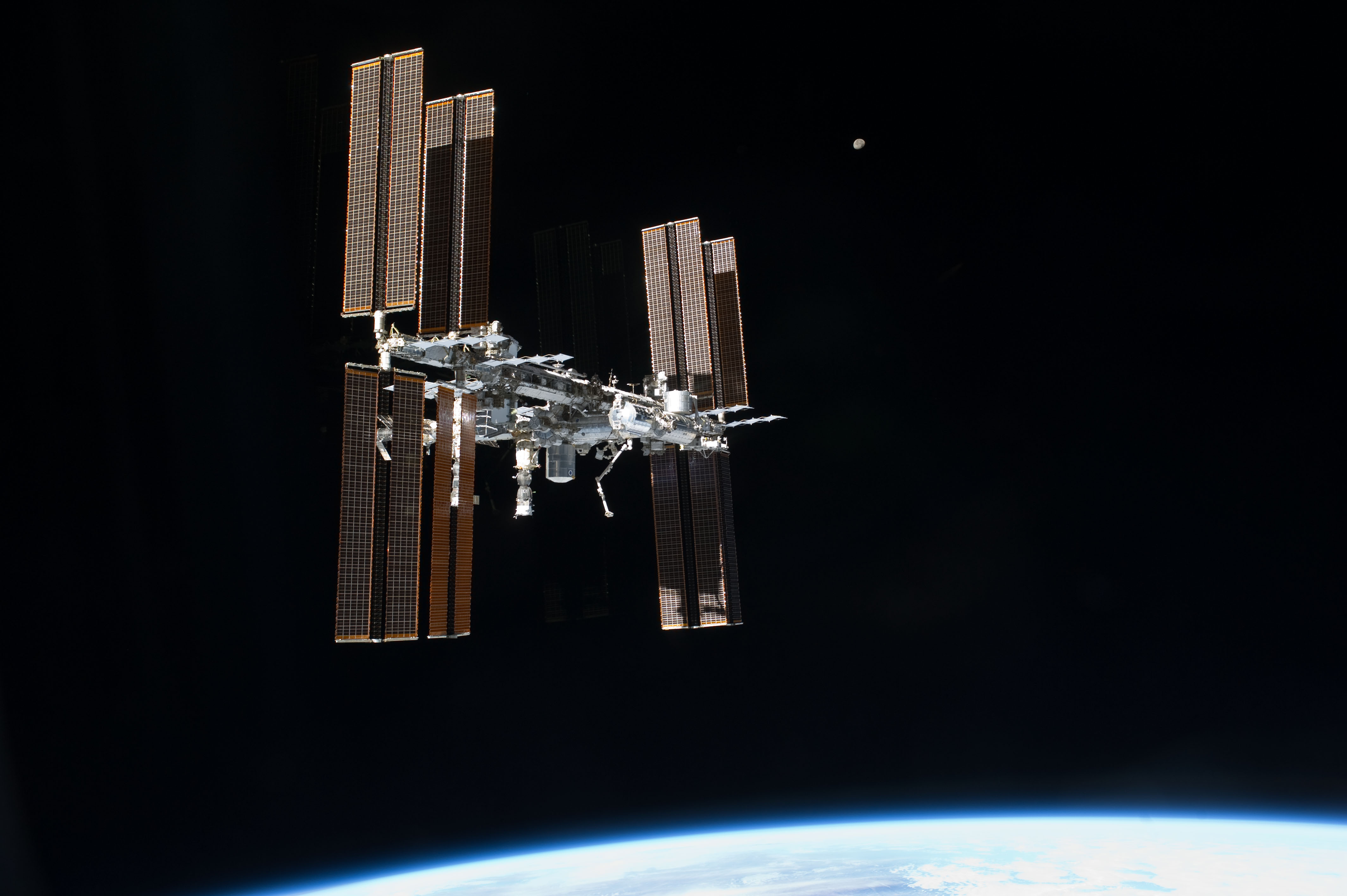11 Surprising Facts About the Circulatory System
Living in space affects the circulatory system

Here on Earth, a person's blood tends to pool in the legs because of gravity (the leg veins have valves that help to maintain blood flow from the legs back up to the heart).
Things are different in space. Blood instead pools in the chest and head (a phenomenon called fluid shift), causing astronauts to have stuffy noses, headaches and puffy faces. This fluid shift also causes the heart to enlarge so it can handle the increased blood flow in the area surrounding the organ.
Even though the body has the same amount of fluid as before, the brain and other body systems interpret the fluid shift as a sudden increase in overall fluid. In response, the body uses several different processes to get rid of excess fluid, resulting in an overall reduction in circulating blood volume.
Follow Joseph Castro on Twitter. Follow us @livescience, Facebook & Google+.
Get the world’s most fascinating discoveries delivered straight to your inbox.

 Live Science Plus
Live Science Plus





